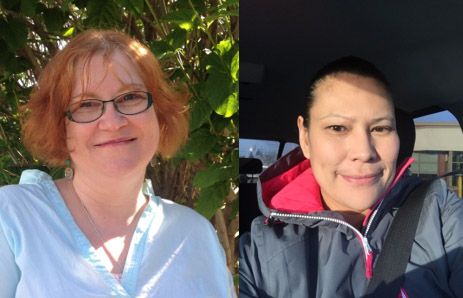Message des coresponsables scientifiques : nos groupes de travail en action
Il s’agit d’une période exaltante pour Action diabète Canada. Nous exerçons nos activités depuis maintenant près d’un an et demi et déjà, nous commençons à voir des contributions significatives qui permettent d’améliorer la vie des personnes vivant avec le diabète. À ce jour, nous nous sommes organisés en huit groupes de travail, dont quatre sont pluridisciplinaires : engagement des patients, formation et mentorat, application des connaissances et sexe et genre. Les quatre autres groupes se penchent sur de grandes préoccupations qui touchent nos patients partenaires atteints du diabète : la rétinopathie diabétique, la santé autochtone, les innovations liées au diabète de type 1 et l’informatique de la santé. Nous sommes également heureux d’introduire un neuvième groupe de travail, dont les efforts seront axés sur les soins des pieds et la prévention de l’amputation des membres inférieurs. Ce groupe établira ses buts et ses objectifs très prochainement et apportera une grande valeur à notre réseau, puisque l’amputation est une importante préoccupation qui a été soulevée par le cercle des patients autochtones et le cercle collectif des patients. Il est très gratifiant que les projets de nos groupes de travail soient guidés par des patients qui possèdent le savoir expérientiel nous permettant d’optimiser notre impact. Nous sommes fiers que tous les acteurs de notre réseau collaborent dans l’objectif commun d’améliorer la vie des personnes atteintes du diabète.
Action diabète Canada s’affirme pleinement à titre de consortium de recherche catalytique ayant la capacité de mettre en œuvre à grande échelle des solutions de soins de santé efficaces. Nous maintenons des partenariats fructueux avec Diabète Canada et la Fondation de la recherche sur le diabète juvénile (FRDJ). Dans le bulletin qui suit, vous découvrirez comment Action diabète Canada a participé au concours de subventions de fonctionnement pluriannuelles pour les essais cliniques novateurs des Instituts de recherche en santé du Canada (IRSC) et de la FRDJ et pris part au congrès professionnel de Diabète Canada. Action diabète Canada commence vraiment à produire des résultats, et dans l’optique de mieux informer notre communauté et nos patients de l’ensemble de nos activités, nous mettrons en place au cours des prochains mois un nouveau plan de communications. Vous pouvez aussi nous suivre sur Twitter et LinkedIn, où nous publions des nouvelles et des mises à jour sur une base plus régulière.
Dans ce bulletin, vous en apprendrez également sur le travail exceptionnel de notre groupe de travail sur la formation et le mentorat dirigé par André Carpentier, Mathieu Bélanger, Aurel Schofield et Michelle Murray. Ce groupe de travail vise à renforcer la capacité canadienne de recherche axée sur le patient en lien avec le diabète et ses complications. Ses membres créent et organisent des occasions de formation et de mentorat à l’intention des étudiants des cycles supérieurs (maîtrise et doctorat), des boursiers postdoctoraux et des professionnels de la santé dans le but de former la prochaine génération de chercheurs dont les travaux sont centrés sur le patient. Ce groupe a déjà organisé de nombreuses séances de formation (en français et en anglais) partout au Canada. Nous sommes d’ailleurs heureux d’annoncer qu’un événement de formation d’envergure aura lieu à Toronto le 3 mai 2018, immédiatement avant la tenue de notre atelier annuel les 4 et 5 mai. Notre groupe de travail sur la formation et le mentorat recrute des patients pour animer ces séances de formation. Cette façon de faire a pour objectif de former des équipes composées de patients et de chercheurs visant à « humaniser » le diabète et à guider les chercheurs vers des résultats qui répondent directement aux préoccupations des patients. En outre, ce groupe collabore activement avec d’autres réseaux de la SRAP afin de renforcer le développement des capacités et de mettre au point de nouvelles approches en matière d’enseignement et d’apprentissage. Nous vous encourageons à lire cet article vedette pour obtenir un portrait plus complet de nos initiatives de formation et de mentorat.
Nous conclurons en vous souhaitant à tous de très joyeuses fêtes. L’année 2018 s’annonce remarquable pour Action diabète Canada, qui progresse rapidement vers la concrétisation de sa vision et de sa mission.
Gary Lewis and Jean-Pierre Déspres



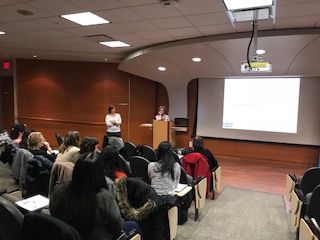



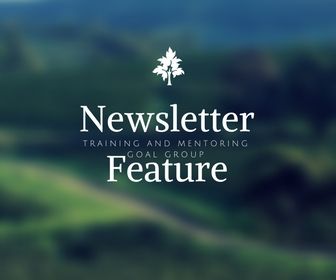
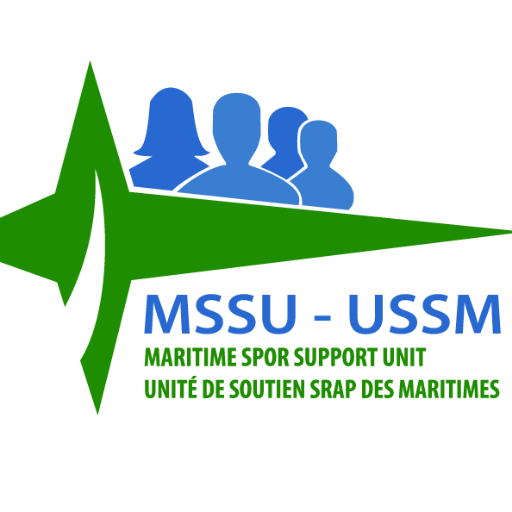

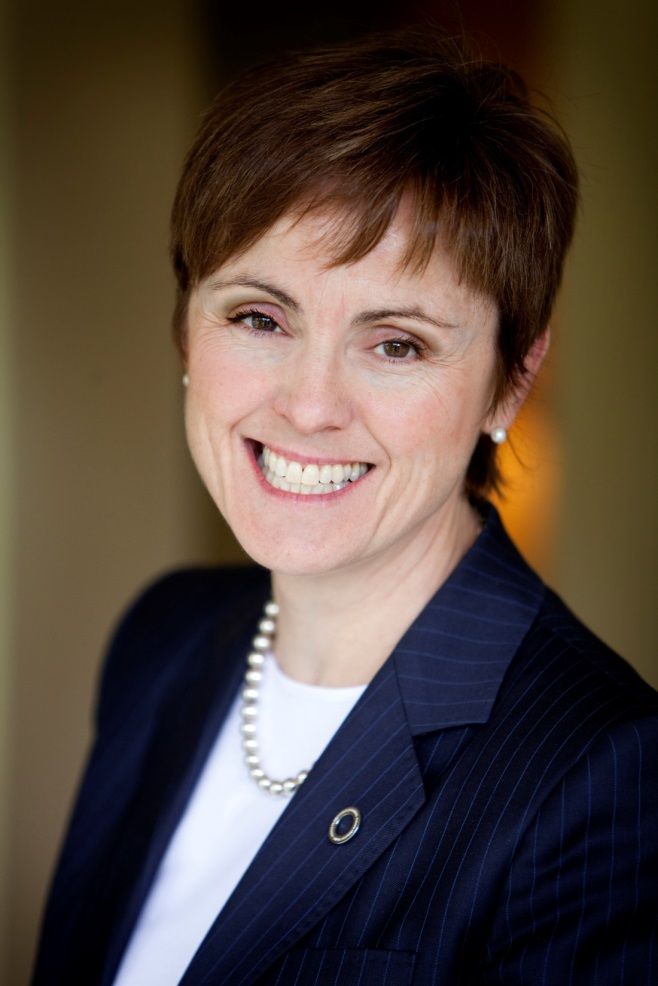
 Ranked in the top 1% by citation for field and publication year in Web of Science for 2017, Highly Cited Researchers are leading the way in solving the world’s biggest challenges. This list, created by Clarivate Analytics rosters more than 3,300 Highly Cited Researchers. These researchers have distinguished themselves by publishing a high number of papers that rank in the top 1% most-cited in their respective fields over a recent 11-year period. Such consistent production of highly cited reports indicates that the work of these researchers has been repeatedly judged by their peers to be of notable significance and utility.
Ranked in the top 1% by citation for field and publication year in Web of Science for 2017, Highly Cited Researchers are leading the way in solving the world’s biggest challenges. This list, created by Clarivate Analytics rosters more than 3,300 Highly Cited Researchers. These researchers have distinguished themselves by publishing a high number of papers that rank in the top 1% most-cited in their respective fields over a recent 11-year period. Such consistent production of highly cited reports indicates that the work of these researchers has been repeatedly judged by their peers to be of notable significance and utility.



